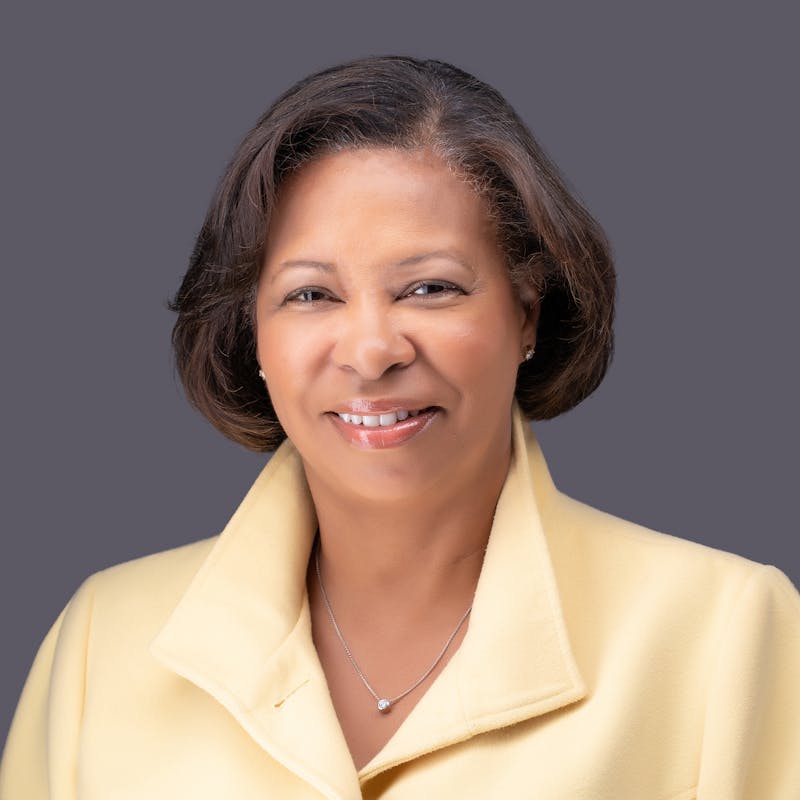Author
Women's History Month is important because it provides an opportunity to celebrate and recognize the significant contributions that women have made to history, culture, and society. It is a time to honor the achievements of women traditionally overlooked or excluded from historical narratives and promote gender equality.
Women have played crucial roles in shaping history, from trailblazing scientists and artists to political leaders and activists who have fought for women's rights and social justice. However, many of these accomplishments have been overshadowed or ignored in traditional historical accounts, which have often privileged the stories of men.
By devoting a month to specifically celebrating women's history, we can bring greater attention to the diverse and vital contributions that women have made to society. In short, Women's History Month is an important reminder that women have always been a vital part of history and that their stories and achievements deserve to be recognized and celebrated.
This year the International Women’s Day theme is "Embrace Equity,” which brings a critical focus and acknowledgment that women have historically faced systemic barriers and discrimination in all areas of life, including education, employment, healthcare, and politics. Embracing equity means recognizing that women come from diverse backgrounds and may face different challenges and that a "one size fits all" approach to gender equality is insufficient. It means working towards a more intersectional and inclusive approach to gender equality that considers women's experiences from different races, ethnicities, religions, abilities, sexual orientations, and gender identities.
Embracing equity means promoting and supporting the leadership and voices of women in all aspects of society and ensuring that women are represented in decision-making roles.
As I was writing my thoughts on Women’s History Month, I ran across an article discussing Janet Yellen, the first woman Secretary of the Treasury Department who just observed the printing of currency with her signature on it, and US Treasurer Lynn Malerba also signed the note, marking the first time the signatures of two women are featured on US currency. The first time a Native American’s signature has appeared on US currency.
This historic moment is a current example of two incredible women in public administration who are making significant strides and shaping our understanding of what an equitable future for women in the workplace looks like.
Addressing these and other women's issues in the future of work is critical to creating a more equitable and inclusive workplace that allows women to participate fully and thrive. Women’s History Month provides an important opportunity to reflect on history and the achievements of Women.

